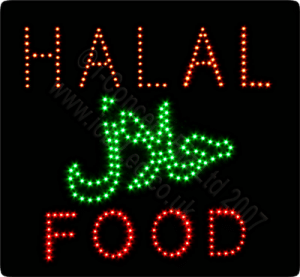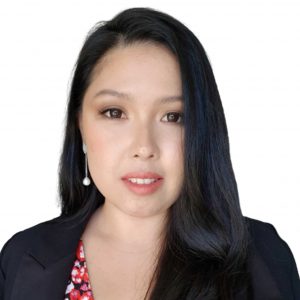By Catherine Hornby and Suzan Yucel
THE HAGUE (Reuters) – The business of selling food that is halal,
or acceptable to Muslims, is set to grow rapidly in Europe in coming
years as more supermarket chains target the sector, a Nestle executive
said on Tuesday.
Frits van Dijk, executive vice president at the world’s biggest
food group, told Reuters on the sidelines of the World Halal Forum in
The Hague he expected the halal food business in Europe to grow by 20
to 25 percent within the next decade.
The total European halal food market is currently valued at about
$66 billion, including meat, fresh food and packed food, while the
global market is worth about $634 billion.
“We are starting to see that these products are not just in
speciality shops but are also starting to get into the mainstream of
modern retailers,” said Van Dijk, pointing to Britain’s Tesco and
France’s Carrefour, which stock halal goods.
The halal industry is based on a belief that Muslims should eat
food and use goods such as cosmetics that are “halalan toyibban”, which
means permissible and wholesome.
Milk powder, cooking aids, seasoning and sauces are among the most
popular halal products in Europe at the moment, while Nestle has
recently started selling a range of meat-based and frozen food halal
products in France, Van Dijk said.
Nestle is the world’s leading manufacturer of halal food, selling
about 5.3 billion Swiss francs ($5.23 billion) worth of halal food in
2008, about 5 percent of its annual revenue.
Its established halal food markets include Malaysia, Indonesia,
Turkey and Middle Eastern countries, while France, Britain and Germany
are emerging as its key halal markets in Europe.
“Twenty percent of the world’s population is going to be Muslim one
day and they have expectations, they have needs,” said Van Dijk.
“If they want to be confident that what they eat and drink is in
line with their beliefs, then a company likes ours has to make an extra
effort to try and meet those needs.”
About 85 of Nestle’s 456 factories globally are now halal-certified
but Van Dijk said different interpretations of halal standards around
the world were a challenge for the industry.
Muslim jurists do not always agree on what is halal. Islam
prohibits the consumption of pork and prescribes how animals must be
slaughtered, but there has been debate on the acceptability of
non-alcoholic beer, collagen and vinegar.
The Organisation of the Islamic Conference (OIC) is working on a
single standard to be applied in its 57 member countries, a move that
would boost the industry, although politics and varied interpretations
may complicate the task.
Van Dijk said the industry needed more transparency and clearer
labelling on products would help consumers make up their own minds
about whether standards met their expectations.



